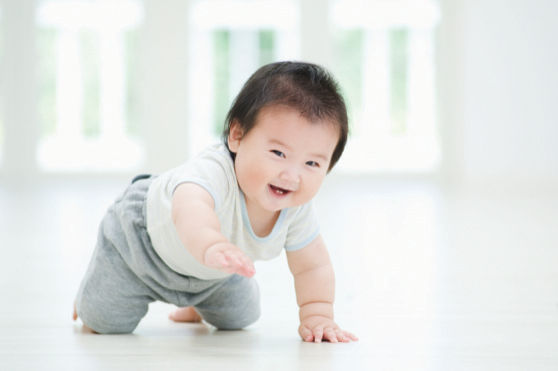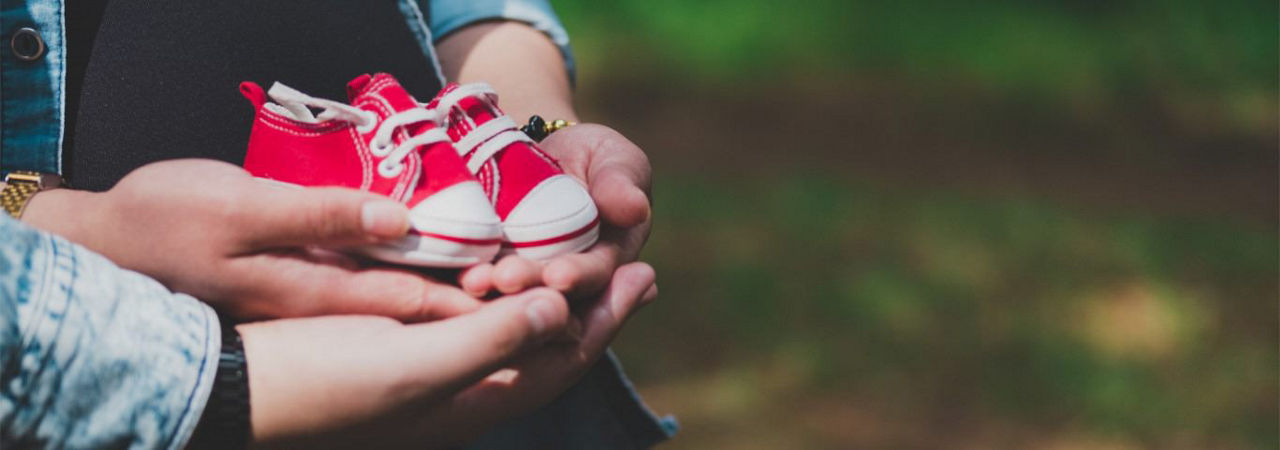Breastfeeding is the best for babies and a healthy diet / maternal nutrition is important when breastfeeding. A decision not to breastfeed can be difficult to reverse. Infant formula is suitable from birth when babies are not breastfed. It is recommended that all formula milks be used on the advice of a doctor, midwife, health visitor, public health nurse, dietitian, pharmacist, or other professional responsible for maternal and child care and the financial implications should be considered. All preparation and feeding instructions should be followed carefully as inappropriate preparation could lead to health hazards.
What Is Teething in Babies: Signs & Symptoms
Teething is when your baby’s teeth start coming through their gums and appearing. Some people also refer to it as 'cutting teeth'.
When will my baby start teething?
Babies usually start teething at around six months and carry on until they are about three years old. However, some babies can start teething as early as three months, and others start as late as a year.
A baby's physical and mental development has no connection with when they have their first teeth. But for some reason girls usually get their teeth before boys.
If your baby still has no teeth at 12 months, speak to your doctor. They may just have inherited late growing teeth, but it's best to make sure.
Teething pains
Teething often causes babies discomfort, making them restless and irritable. As the roots of their teeth grow, they push the edges of the teeth through the gums. Babies usually suffer most with their first teeth as the sensation is new, and with their molars because of their size.
Signs your baby is teething
- They have become more fussy and clingy and arecrying more at night.
- They are dribbling a lot.
- They have an urge to bite to try to ease the pain, so they've started chewing on their fingers and anything else they can get hold of!
- Their cheeks are flushed.
- Their temperature is slightly raised (but not above 39oC, which indicates a fever).
- Their gums are swollen and red.
- Their appetite is poor.
- They aren't sleeping well.
How to help your teething baby
- Give them plenty of water to replace fluids lost through dribble.
- Gently rub a teething gel or teething granules into their gums
- Give them a teething ring to chew on (the ones you can cool in the fridge are good).
- Your doctor may recommend baby pain relievers like paracetamol or ibuprofen.
- Apply a barrier cream to their chin, neck and chest to stop them getting sore from dribbling.
- Distract them with lots of hugs or something to play with.
Disclaimer: All content on this Website is provided solely for informational purposes and is not intended as a substitute for medical and/or other professional advice for your specific condition. Please do not disregard medical and/or other professional advice or delay seeking it because of something you have read on this Website. Always seek medical advice before starting any new treatments.


Ask Our Careline
Whatever’s on your mind, we’re here to help



